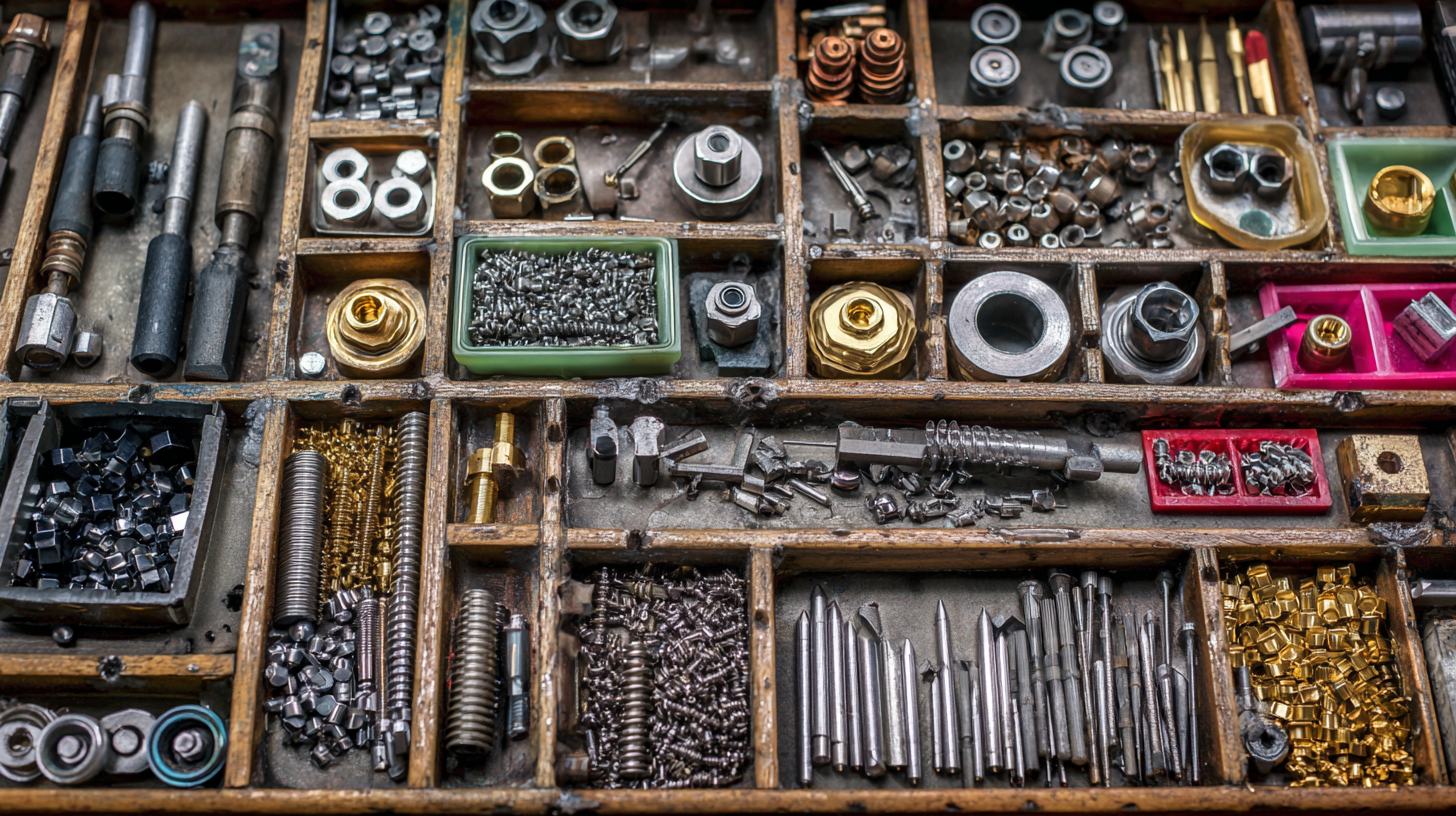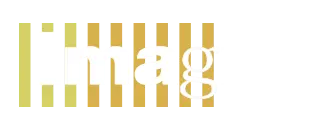 In the competitive landscape of the jewelry industry, selecting the right Automatic Jewelry Tools is crucial for efficiency and quality. According to a recent report by Grand View Research, the global jewelry manufacturing market is projected to reach USD 320 billion by 2025, with a significant shift towards automation to meet rising consumer demand. Manufacturers that leverage high-quality automatic tools not only enhance their production capabilities but also maintain a competitive edge in terms of precision and craftsmanship. As the industry increasingly embraces technological advancements, understanding the import-export certifications related to these tools becomes essential for ensuring compliance and fostering international trade. This guide will provide insights on how to choose top-tier manufacturers, along with solutions for navigating the complexities of certification processes, enabling jewelers to make informed decisions in this evolving market.
In the competitive landscape of the jewelry industry, selecting the right Automatic Jewelry Tools is crucial for efficiency and quality. According to a recent report by Grand View Research, the global jewelry manufacturing market is projected to reach USD 320 billion by 2025, with a significant shift towards automation to meet rising consumer demand. Manufacturers that leverage high-quality automatic tools not only enhance their production capabilities but also maintain a competitive edge in terms of precision and craftsmanship. As the industry increasingly embraces technological advancements, understanding the import-export certifications related to these tools becomes essential for ensuring compliance and fostering international trade. This guide will provide insights on how to choose top-tier manufacturers, along with solutions for navigating the complexities of certification processes, enabling jewelers to make informed decisions in this evolving market.
In the world of jewelry manufacturing, import-export certifications play a crucial role in ensuring quality and compliance with international standards. These certifications not only facilitate smoother cross-border transactions but also enhance the credibility of the tools used in the production process. By choosing certified automatic jewelry tools, manufacturers can rest assured that their equipment adheres to safety regulations and industry benchmarks, thus minimizing potential legal and financial liabilities.
Moreover, the importance of these certifications extends beyond mere compliance. They often serve as a quality assurance badge, reassuring customers that the tools they are using are reliable and effective. When selecting automatic jewelry tools, it is essential to consider the certification status of the equipment. Tools that come with international certifications can significantly increase a business's reputation in a competitive market, as they reflect a commitment to quality and excellence. This focus on certified tools not only benefits manufacturers but also ensures that the end products meet consumer expectations for quality and durability.

In the jewelry industry, the selection of automatic jewelry tools is often influenced by their certifications. Certifications ensure that tools meet specific standards of quality, safety, and efficiency, essential for both production and precision crafting. According to a recent report by the Jewelers of America, around 70% of jewelers say that obtaining tools with recognized certifications significantly reduces production errors. This statistic underlines the importance of choosing certified tools, as they often incorporate advanced technology to facilitate smoother operations and enhance overall productivity.
Key automatic jewelry tools such as laser welders, stone setters, and polishing machines each come with their own set of essential certifications. For instance, the International Organization for Standardization (ISO) provides standards for manufacturing processes that influence the reliability of tools. Tools certified under ISO 9001 are proven to improve organizational quality management. A survey indicated that manufacturers utilizing ISO-certified tools reported a 28% increase in efficiency, directly correlating to their investment in quality equipment. Thus, the right certifications not only ensure compliance but also play a crucial role in elevating a jewelry business's operational success.
This chart displays the certification levels of key automatic jewelry tools commonly used in the industry. The data reflects the percentage of each tool that meets essential certification standards.
When it comes to the jewelry manufacturing industry, understanding the various import-export certifications is crucial for ensuring quality and compliance. Each certification serves as a benchmark for safety, reliability, and ethical sourcing, which are all pivotal in a market expected to grow significantly. As the global jewelry market is projected to expand to $662 billion by 2032, manufacturers must navigate these certifications carefully to stay competitive and meet consumer demands.
Certifications like the Responsible Jewelry Council (RJC) and ISO 9001 are particularly important. RJC emphasizes ethical sourcing and environmentally friendly practices, which resonate with modern consumers who prioritize sustainability. On the other hand, ISO 9001 focuses on quality management systems, allowing manufacturers to streamline their operations and enhance product quality. Being certified can also facilitate smoother entry into international markets, where stringent regulations may apply. Therefore, jewelry manufacturers must evaluate these certifications' relevance and prioritize those that align with their business goals and values to harness the growth potential in the booming jewelry sector.
| Certification Name | Description | Importance Level | Applicable Regions | Cost Estimate |
|---|---|---|---|---|
| ISO 9001 | Quality management system certification, ensuring consistent quality of products. | High | Global | $5,000 - $10,000 |
| CE Marking | Certification marking conformity with health, safety, and environmental protection standards. | High | European Union | $2,000 - $7,000 |
| GIA Certification | Grading of diamonds and gemstones by the Gemological Institute of America. | Medium | Global | $100 - $500 per stone |
| RoHS Compliance | Restriction of Hazardous Substances in electronics, ensuring safety of tools. | High | European Union | $1,000 - $3,000 |
| BSCI Certificate | Business Social Compliance Initiative, focuses on social responsibility in supply chains. | Medium | Global | $3,000 - $6,000 |
When selecting automatic jewelry tools, ensuring that they come with the right certifications is crucial for maintaining industry standards.
Certifications not only assure quality and safety but also can significantly influence the resale value and customer trust.
According to industry reports, over 70% of consumers consider certifications when purchasing jewelry tools, highlighting their importance in the buying process.
Look for tools that meet international standards, as they offer guarantees regarding performance and compliance with environmental regulations.
In addition to certifications, consider the specific needs of your jewelry business.
Expert recommendations often emphasize the importance of sourcing from reputable suppliers that not only provide certified tools but also maintain robust after-sales support.
Research indicates that businesses that utilize certified tools see up to a 30% increase in operational efficiency.
Evaluating the source of your tools, including user reviews and supplier credibility, will ensure you invest in equipment that enhances your craftsmanship and productivity while complying with industry regulations.
Navigating the complexities of importing jewelry tools can be daunting, especially with ongoing global challenges that affect supply chains. One pressing issue is the ethical sourcing of materials, particularly conflict minerals, which have drawn significant attention in the jewelry industry. Companies must ensure that their sourcing practices comply with regulations while also appealing to increasingly conscious consumers. This requires a thorough understanding of both the legal landscape and the ethical implications of sourcing materials from certain regions.
Furthermore, as we approach 2025, unresolved tariff issues are likely to exacerbate challenges in the import-export sector. Companies importing jewelry tools may face fluctuating costs and the threat of additional tariffs, making strategic planning essential. Establishing robust supply chain risk management practices can help businesses mitigate these risks, ensuring they remain compliant and competitive. Staying informed about legislative changes will be crucial in navigating these uncertainties and maintaining ethical and efficient operations in the jewelry tools market.

